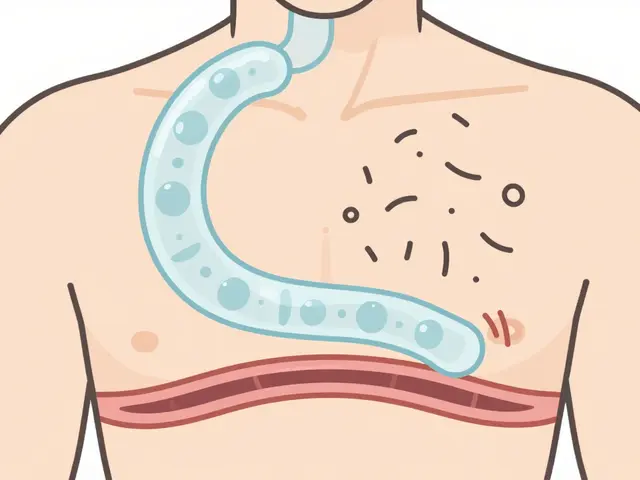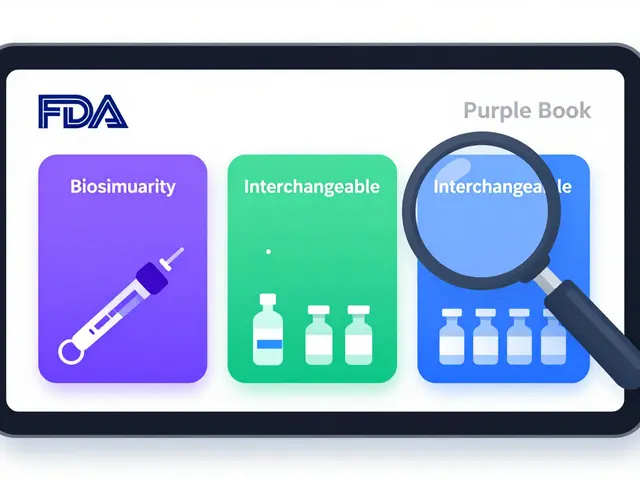Antipsychotic Medications: What They Are, How They Work, and What You Need to Know
When someone is struggling with psychosis—like hearing voices, holding false beliefs, or feeling disconnected from reality—antipsychotic, a class of medications designed to reduce or eliminate psychotic symptoms. Also known as neuroleptics, these drugs are often the first line of treatment for conditions like schizophrenia, bipolar disorder, and severe depression with psychotic features. They don’t cure the underlying illness, but they can make daily life manageable again. For many people, taking an antipsychotic means regaining control over their thoughts, emotions, and relationships.
Antipsychotics work by adjusting brain chemicals, especially dopamine. Too much dopamine activity is linked to psychosis, so these medications block dopamine receptors to calm overactive signals. There are two main types: first-generation (older) antipsychotics like haloperidol, and second-generation (newer) ones like risperidone and olanzapine. The newer ones tend to have fewer movement-related side effects, but they can cause weight gain, drowsiness, or metabolic changes. Not everyone responds the same way—what works for one person might not work for another, and finding the right drug often takes time and patience.
It’s not just about the drug itself. Antipsychotics are most effective when paired with therapy, support systems, and lifestyle changes. People on these meds need regular checkups to monitor things like blood sugar, cholesterol, and heart health. Some side effects, like tardive dyskinesia (involuntary movements), can be permanent if not caught early. That’s why tracking how you feel and staying in touch with your doctor matters just as much as taking the pill.
You’ll find posts here that dig into how antipsychotics compare to other psychiatric meds, what the real-world side effects look like, and how they interact with other drugs you might be taking. We’ve got guides on sertraline and citalopram—both antidepressants often used alongside antipsychotics—and even posts about how medications like hydrochlorothiazide or NSAIDs can affect your body when you’re on a psychiatric regimen. There’s no one-size-fits-all answer, but the information here is meant to help you make smarter choices, ask better questions, and understand what’s happening in your body.

Aripiprazole & Breastfeeding: Essential Guide for New Moms
Learn how aripiprazole affects breast milk, the infant safety data, and practical steps for nursing mothers to protect their baby while managing mental health.
View More




